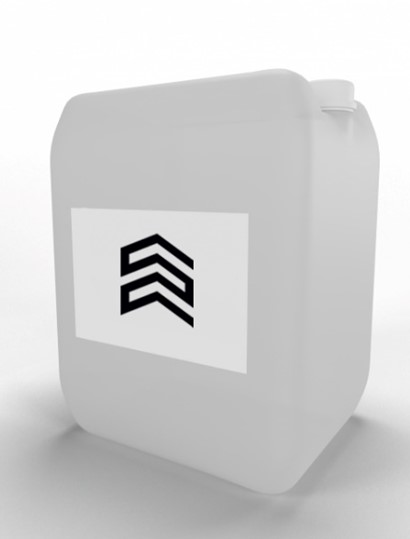Great Britain imposed sanctions against 86 Russian citizens and companies

London imposed sanctions against 86 Russian citizens and companies, according to the website of the British government.
Nine organizations associated with Rosatom were subject to restrictive measures. Among them are the UMATEX company, which produces composite materials, as well as the Trinity enterprise, which develops laser systems.
Businessman, founder and chairman of the board of directors of the Russian Copper Company Igor Altushkin, as well as eight other metallurgical companies, including Severstal, Polyus and the Magnitogorsk Iron and Steel Works, also fell under the sanctions. The UK has also banned imports of Russian aluminium, nickel and copper.
Restrictive measures have also been introduced against 24 individuals and companies associated with transport services. The list includes Pawell Shipping Co and the State Grain Operator (a state-owned grain company established in the Russian-controlled part of the Zaporozhye region). The UK accuses them of "systematic theft of Ukrainian grain." Sanctions have also been imposed against six Russian shipping companies, including Sun Ship Management, whose work the British authorities link to Sovcomflot. The FESCO transport group is now under restrictive measures.
Another 20 heads of defense enterprises were included in the sanctions list. Among them are Alan Lushnikov, the former deputy minister of transport, president and owner of the Kalashnikov concern, and Vladimir Lepin, general director of the enterprise. Restrictive measures have also been introduced against the Balakirev Mechanical Plant, which produces anti-personnel and anti-tank mines, and JSC Motovilikhinskiye Zavody (Rostec is a minority shareholder of the company), which produces artillery pieces.
British sanctions have also affected the financial sector. Restrictions were also introduced against JSC Dom.RF, AFK Sistema, Metallinvestbank, Rosbank and Tinkoff Bank.
Read PioneerProduct.by 15 Secrets of Successful Advertising Videos You Didn't Know Why Germany doesn't want to quarrel with China over semiconductor chemicals Plus 35%: why and how the electronic document management market is growing Games, quests, books:how to motivate kids to cleanRestrictions were also introduced against the head of JSC "Operating Organization of Zaporozhye NPP" Oleg Romanenko and the structure headed by him.
A representative of Severstal told RBC that the new sanctions would not affect the company's work. “Restrictions on the company from the UK were in effect before, since the controlling shareholder of Severstal was previously included in the country's sanctions list. Therefore, additionally imposed sanctions will not affect the company's activities," he explained.
Representatives of Polyus and AFK Sistema declined to comment. RBC sent inquiries to representatives of TMK, MMK and OMK, RMK, a representative of FESCO, as well as a representative of the operating organization Zaporozhye NPP (owned by Rosatom).
Russian authorities consider Western sanctions illegal. “No sanctions, even the toughest ones, have ever in any part of the world led to the fact that those countries against whom they are introduced somehow change their position,” Kremlin spokesman Dmitry Peskov emphasized .
In turn, President Vladimir Putin noted that Western countries wanted to “impudently crush the Russian economy,” but they did not succeed. According to him, the very structure of their sanctions was built on the false thesis that Russia is not sovereign and critically vulnerable from the point of view of the economy, however, by the time the massive restrictive measures were introduced, the country had already changed radically - as a result of the government’s planned work “to create a sustainable macroeconomic structure” , ensuring food security, import substitution and the formation of its own payment system, the president said.




























































